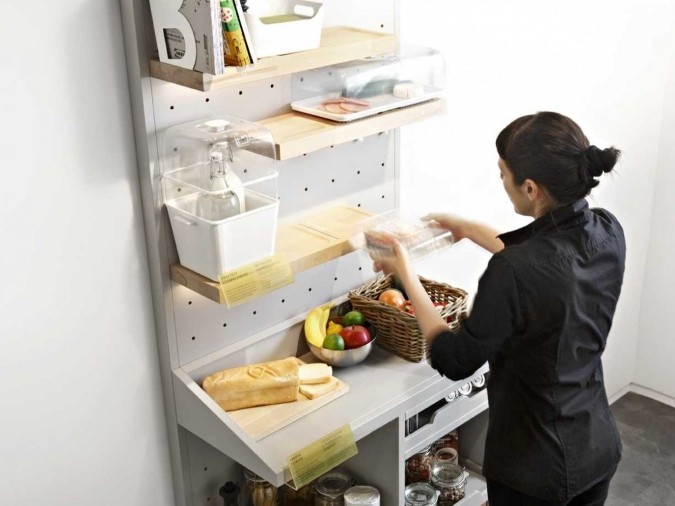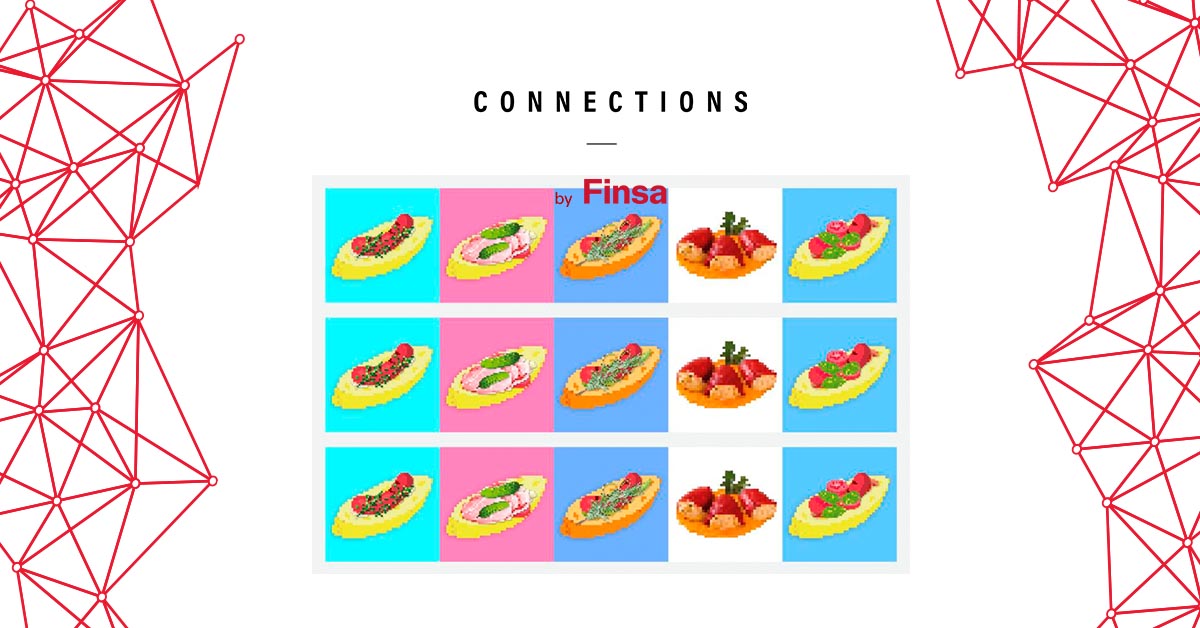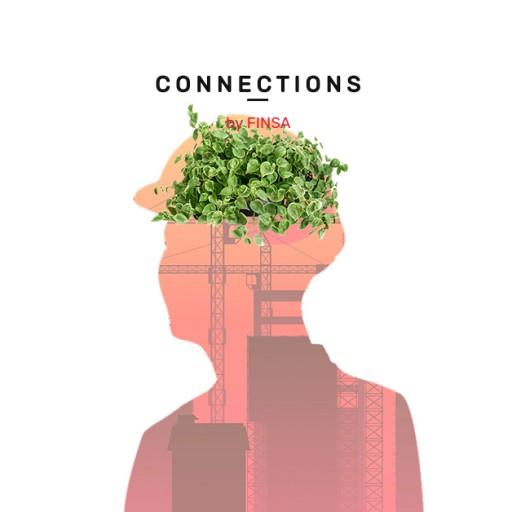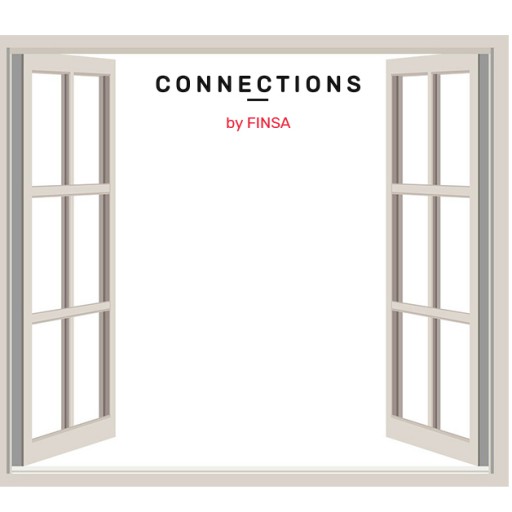All signs point to the possibility that, in twenty years’ time, most of our daily meals will be delivered to us. That’s why the role the kitchen has in our homes is slowly being reconsidered. Professionals in the sector say that it will become more of a meeting place and that it will gradually become one of the main rooms in the homes.
“We believe that the kitchen of the future will be one of the focal points of the home. In fact, it already is,” says Maria Bermúdez from interior design studio Quefalamaria in Vitoria-Gasteiz.
“We are opening it up to the rest of the house, combining it with the living room and the dining area, and we are constantly appreciating new finishes – [those that are] fingerprint-resistant, [or] self-repairing, and long-lasting, timeless countertops. It will be a place that will invite you to experience it and enjoy it, no matter how much you cook. It’s being viewed as a meeting place, something to enjoy with family and friends,” she says.
https://www.instagram.com/p/CETagLwKaVn/
Sonia Fernández from Finsa’s design department notes that “when it comes to materials, coronavirus is going to play a big role. Until now, materials that worked very well as bactericides were developed, but we don’t have anything specifically for viruses and that is being looked into. [Materials that are] easy to clean will also be considered following this crisis.”
Multifunctional elements in the kitchen
Technology will obviously play a pivotal role in kitchens over the coming decades. Four years ago, Ikea asked IDEO to imagine the kitchen of the future, something that they plan to bring to market in 2025.
The design company put together a multidisciplinary group of students from the universities of Lund and Eindhoven to help them with this task. It was all about identifying social and behavioural changes that will take place in the medium-term, as well as looking at technological advances. The surprising result was exhibited at the Salone Del Mobile in Milan and at EXPO Milano.
The star of this pilot project was a countertop that identified the food placed on it and the food’s main characteristics such as its weight and nutritional value. One of the main concepts that this research group worked with was the growing demand for information about the products we consume.
This wasn’t the only job the countertop had. It also transformed into an induction stove when it identified that a pan had been placed on it. The trend we’re seeing here is that of having less elements in the kitchen with the ones we do have being multifunctional.
Food preservation and sustainability
“Keeping sustainability in mind, we will dedicate a significant part of our kitchens to creating a practical recycling system that is divided up [into the necessary compartments] and we will use extremely energy-efficient appliances,” says Maria Bermúdez. “Water metering systems will continue to evolve as will materials that are produced in a sustainable way or that come from recycled sources,” adds Sonia Fernández.
This was precisely one of social changes identified by IDEO in the pilot project for Ikea: we are becoming more aware of the importance of looking after our planet. In the Concept Kitchen 2025, they highlighted the amount of food that is wasted because we don’t know what we already have or when it expires.
One possible solution included furniture and fittings that were open instead of closed, with transparent containers that generate adequate conditions to adapt to and preserve each product. The days of the conventional fridge look like they might be numbered.

Kitchens with artificial intelligence
Making sure that we reduce the amount of waste we produce and not throw away the food that we buy will rely heavily on artificial intelligence, which will know our buying habits and preferences even better than we do. As Sonia Fernández explains, “we are already seeing fridges that tell us that we are running out of milk or that we need certain ingredients for the meal that it knows you usually make on a certain day of the week”.
This year, artificial intelligence was the star of Madrid Fusión. Spanish company I+DEA Siro Foods collaborated with IBM to present a tool that, thanks to this technology, can get to know the preferences of diners at any restaurant in the world, which is helpful when it comes to serving them a dish that matches these preferences.
The app generated controversy among haute cuisine chefs. “The best restaurants in the world are those that don’t follow trends based on the preferences of the public and haute cuisine must be closely linked to the individual talent of the people that run the restaurants themselves. This tool could never be used in haute cuisine,” argued Dabid Muñoz from DiverXo restaurant, warning us that technology may end up boxing us into just one type of food or experience.




